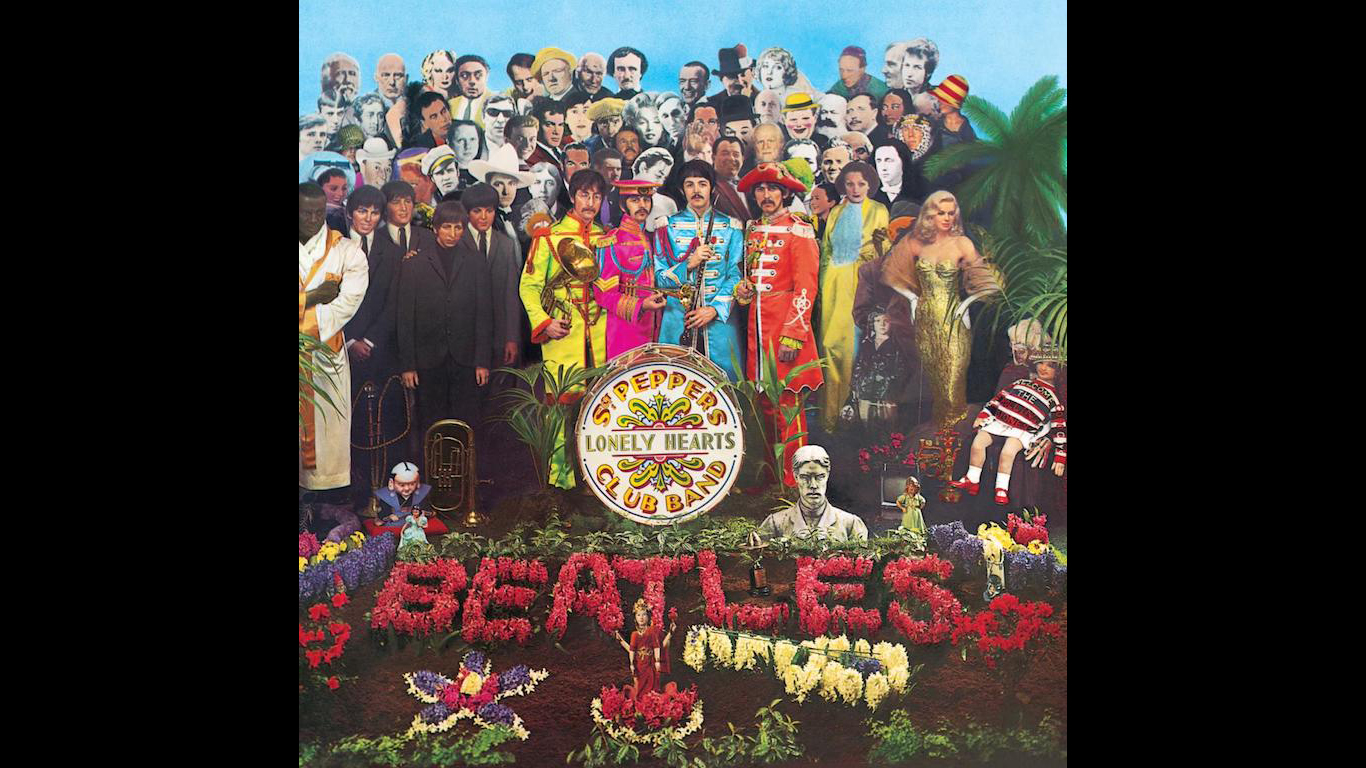Companies and Brands
Music Industry Calls Out Amazon, eBay for Selling Counterfeit CDs

Published:
Last Updated:

In 2000, the recorded music industry posted total retail revenues of $14.3 billion, of which 92.3% ($13.2 billion) was down to compact disc sales. Last year, CD sales comprised 7.1% ($698 million) of $9.8 billion in total recorded music sales.
While music industry sales of CDs have fallen off a cliff, counterfeiters are allegedly making a bundle by selling illegally produced CDs online through third-party sellers at online marketplaces such Amazon.com Inc. (NASDAQ: AMZN), Alibaba Group Holding Inc.’s (NYSE: BABA) AliExpress and eBay Inc. (NASDAQ: EBAY).
The music industry’s main professional organization, the Recording Industry Association of America (RIAA), last week sent a letter to the U.S. Department of Commerce responding to the department’s request for comments on the state of counterfeit and pirated goods trafficking by online third-party marketplaces and how that trafficking might be stopped.
The RIAA described how it had conducted a sample purchase program and discovered that “100% of new high quality box sets offered for sale through eBay or AliExpress in the U.S. were counterfeit.” A second sample purchase program found that “11% of new CDs offered for sale on Amazon were counterfeit, and 16% of new CDs sold on eBay were counterfeit.”
A third RIAA program of current and evergreen (the 100 best albums of all time, for example) album titles released by major U.S. labels purchased CDs described as “new” or “brand new” from the two lowest-priced sellers. The sample purchase program showed that “16% of the CDs purchased via eBay were counterfeit, and 11% of the CDs purchased via Amazon were counterfeit. Alarmingly, 25% of the purchased CDs that were ‘Fulfilled by Amazon’ were counterfeit.”
Among the remedies that RIAA proposes for online marketplace sales are requiring sellers to disclose their real names and addresses and the true source of the goods they are selling. The marketplace providers (Amazon, eBay, Alibaba) should be obligated to perform due diligence in verifying the authenticity of goods sold on their marketplaces.
Most likely to get pushback from the marketplaces is a suggestion that the marketplaces “should be held liable for acts of sellers of counterfeit and pirated goods. … [T]hose that profit from, induce, contribute to, or willfully blind themselves about such infringing activity should not be able to shield themselves from liability.”
The RIAA has a point here that has been made by many others. The “shield” in question is Section 230 of the Communications Decency Act of 1996 (CDA): “No provider or user of an interactive computer service shall be treated as the publisher or speaker of any information provided by another information content provider.” This is the same defense that social media giants like Facebook and Twitter hide behind when it comes to policing content on their websites.
In July, the Federal Circuit Court ruled in a Pennsylvania case that Amazon was “an actor” in third-party marketplace sales and that negligence and strict liability claims against the company are not covered by the CDA.
Nearly half of 2018 industry revenues ($4.7 billion) were attributed to streaming subscription services, a niche that did not even exist in 2000. Another 10% (about $1.01 billion) came from ad-supported streaming sites and $1.7 billion was attributed to limited tier paid subscriptions ($747 million) and SoundExchange (for example, Sirius XM) distribution ($953 million).
All told, two-thirds of recorded music revenues in 2018 came from ephemeral digital sources, not hard copies like CDs or vinyl LPs. But that hard-copy music is a premium product that commands premium prices for artists, labels and distributors. Having any of that revenue get away through pirated or counterfeit copies is eating the icing off an already smaller cake.
After two decades of reviewing financial products I haven’t seen anything like this. Credit card companies are at war, handing out free rewards and benefits to win the best customers.
A good cash back card can be worth thousands of dollars a year in free money, not to mention other perks like travel, insurance, and access to fancy lounges.
Our top pick today pays up to 5% cash back, a $200 bonus on top, and $0 annual fee. Click here to apply before they stop offering rewards this generous.
Flywheel Publishing has partnered with CardRatings for our coverage of credit card products. Flywheel Publishing and CardRatings may receive a commission from card issuers.
Thank you for reading! Have some feedback for us?
Contact the 24/7 Wall St. editorial team.